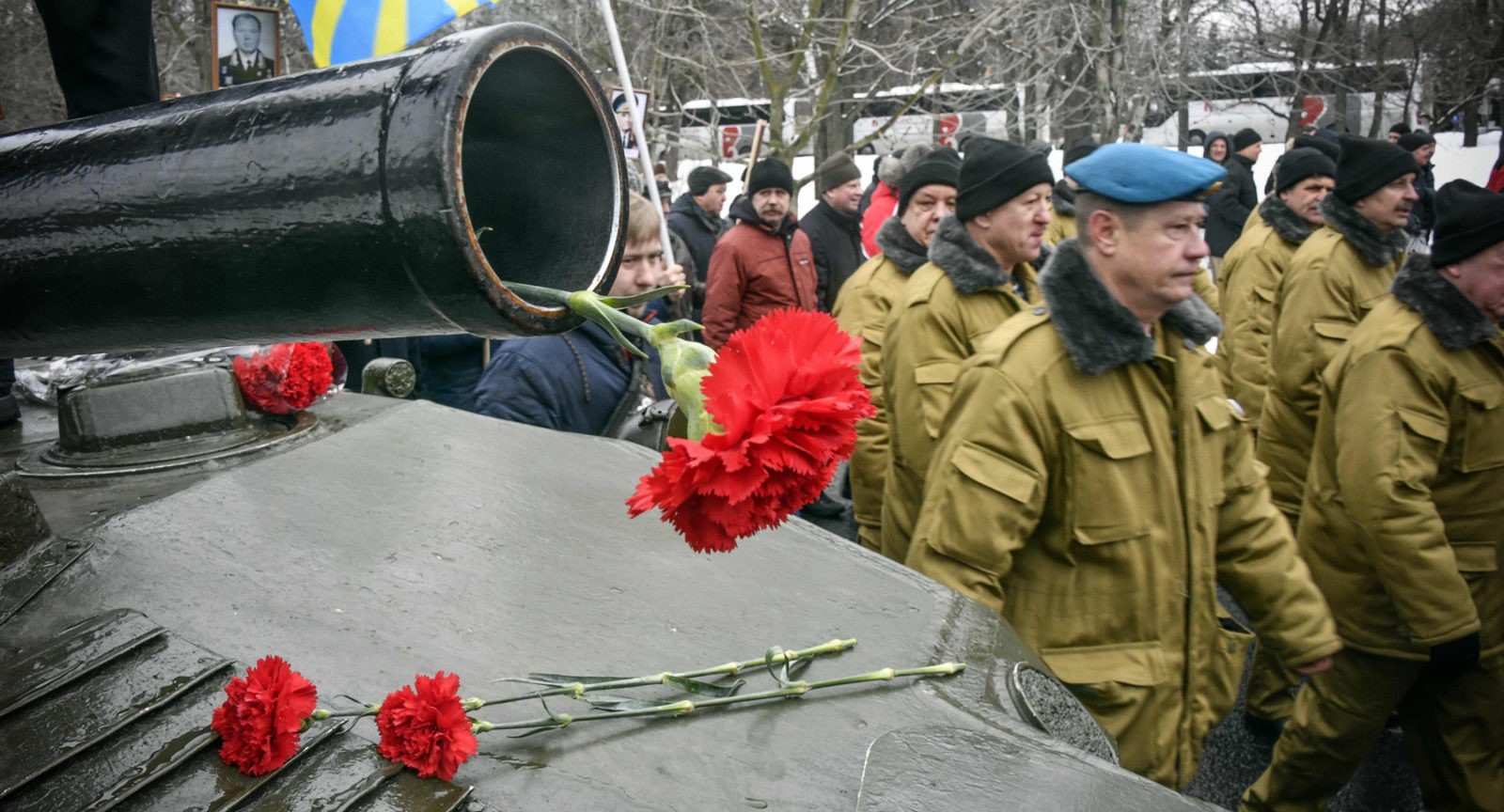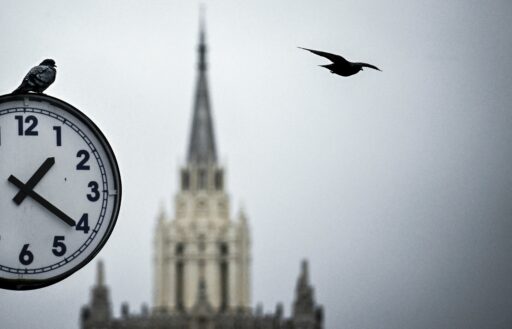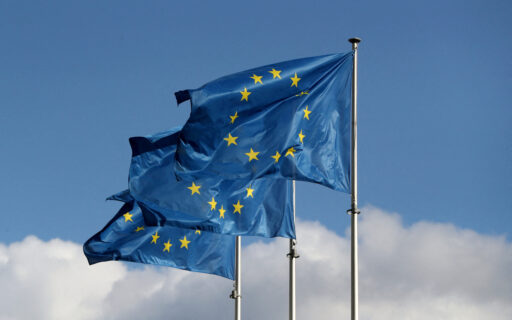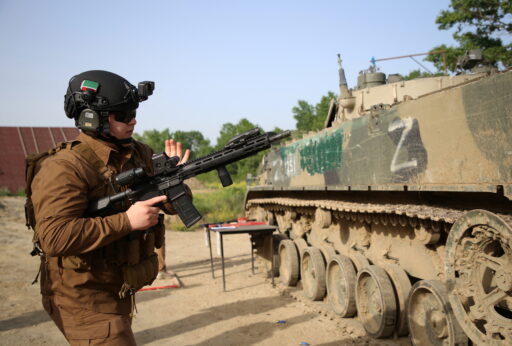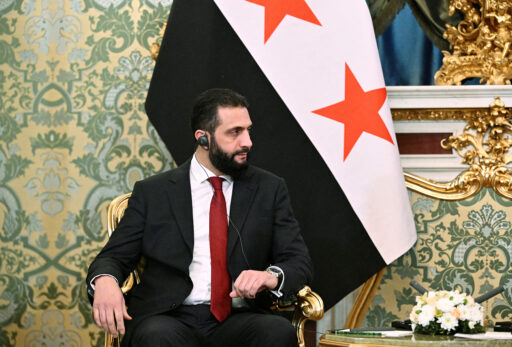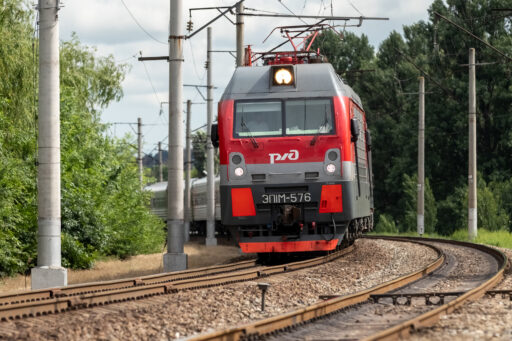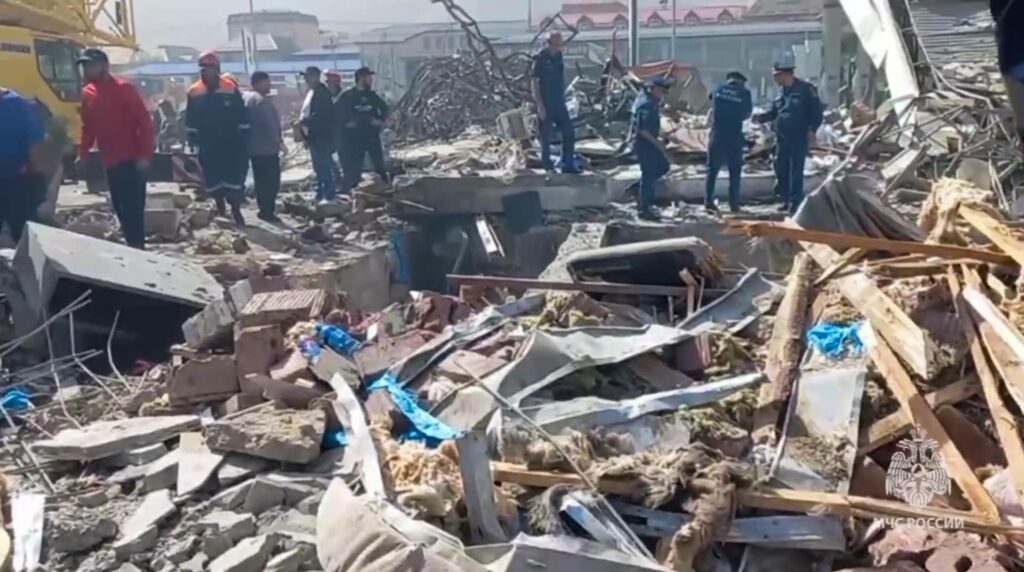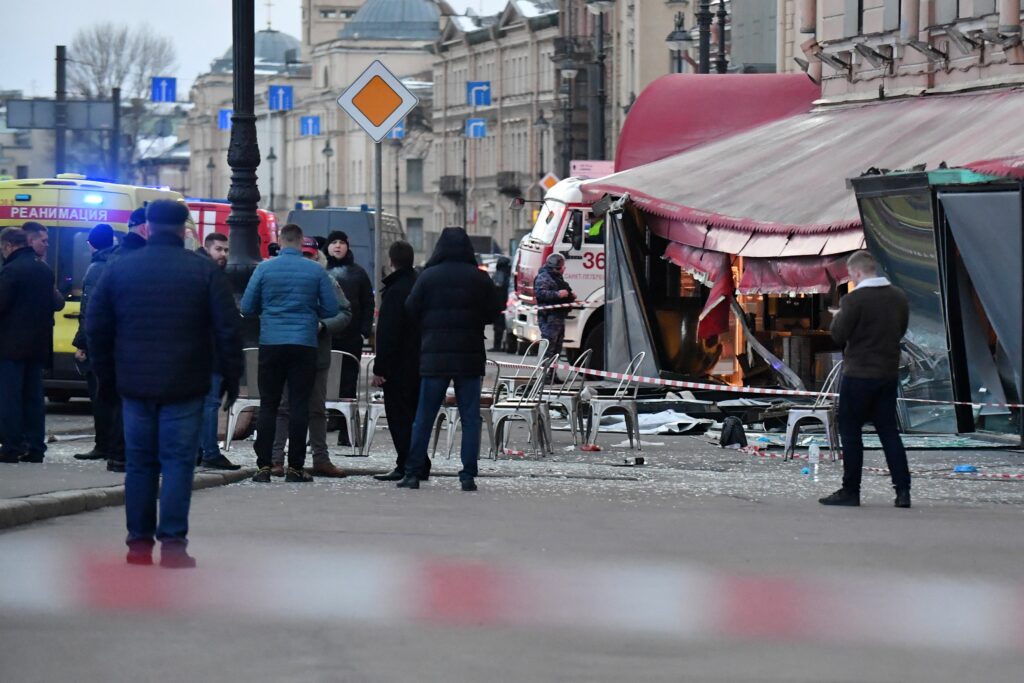The preview screening of the film Brotherhood about the war in Afghanistan, directed by Pavel Lungin, is a useful bell-weather. It showed two options open to film makers. Either you praise veterans’ organisations and their role in contemporary Russian society, or you keep quiet. The number of veterans’ groups, their extensive regional network and their special relationships with the authorities, including open political alliances, are unique. Their special position is due not so much to the inertia of Soviet practices. Rather, it reflects their adaptability to political and socio-economic conditions. Emerging in the Soviet era, these organisations continue to evolve. They are now a part of the system of so-called violent entrepreneurship and power brokers in the country’s political machinery. What accounts for their capacity to adapt, and what are the limits of that capacity in Russia’s changing political and economic landscape?
Veteran Hierarchy
All veterans’ organisations are rightly proud of the extensive network of regional and local branches. These allow them to claim that they meet the vast majority of their members’ needs. Indeed, according to official information about Brothers in Arms, the Russian Union of Veterans, the Association of Veterans and Security Officers, the Russian Council of Veteran Law Enforcement Officers and Militarised Police Forces, the Russian Union of Afghanistan Veterans and other similar national associations, they are present in an overwhelming majority of Russian regions. It is believed that hierarchically structured nationwide Russian associations (often the successors to Soviet organisations) are able to aggregate the interests of rank-and-file members and defend them at the national level. The state, which is generally not in favour of pluralism, appreciates numerical strength and representative nature of this social group. This is typical of the neo-corporatist model of the state. Hence, there are many formats for consultative platforms.
The downside of these relations? The bureaucratisation of the narrow circles of the elite of these associations. And then, their mingling with the government. This can undermine the function of representing the interests of organisation’s ordinary members. At the heart of the hierarchical structure of nationwide Russian veterans’ organisations are not only lobbying on behalf of various interests. There are also efforts to maintain and promote values, while also providing support for the incumbent government. The leaders of these organisations—current and former servicemen who often occupy top positions in the state hierarchy—guarantee loyalty. The members of these organisations are current and former servicemen. In other words, these associations are a projection of the state in the public sphere. The term ‘state capture’, which is generally used to describe this phenomenon, refers to the dominant influence of current and former officials and politicians in the economic and public spheres.
From state capture to political machinery
Since the early 1990s, many veterans’ organisations in the region provide security-related services. These include protecting businesses or operating as power brokers. They offer electoral support in exchange for benefits and privileges from politicians who owe their mandates to them. Not all local or regional branches of nationwide Russian veterans’ organisations do this. As Vadim Volkov showed in his study of violent entrepreneurship in Russia, organisations whose members have taken part in wars have used organised violence and coercion to achieve market benefits on a regular basis. These are primarily veterans of the war in Afghanistan, as with associations of former law enforcement officers. Violent entrepreneurs substitute in for the state, penetrating power structures. This is a constituent element of state capture.
The onset of stability and the strengthening of the state in the 2000s was followed by a shift in strategy on the part of the majority of veterans’ organisations. The shift went in the direction of interference in the electoral process. Political support of governors and candidates guarantees access to the redistribution of resources. A well-organised structure, in turn, makes it easy to mobilise members of veterans’ organisations. A typical example? That of support for the chairman of the St Petersburg legislature, Vyacheslav Makarov by a group called Besieged Leningrad. Before, the group offered backing to Governor Valentina Matviyenko and Georgy Poltavchenko. Similarly, a group Brothers in Arms cooperates with the former governor of the Moscow Oblast, Boris Gromov. It also backs Dmitry Sablin, head of Sevastopol office of «United Russia». The Vladimir branch of Brothers in Arms offered open electoral support to incumbent Governor Svetlana Orlova during the gubernatorial election in September 2018. Indeed, actions taken by veterans’ associations fulfil mediatory functions in regional electoral processes. In and of itself, such cooperation is not unique. Yet the current political regime in Russia does not allow other organisations to represent and defend the interests of other social groups in a similar way.
As intermediaries within the political machinery, these associations are capable of maintaining their position. Even given changes in the ranks of the regional political leadership. A striking example is the special position of veterans’ associations, which receive payments and enjoy privileges financed by the regional budget. This is in spite of changes in gubernatorial posts in St Petersburg. Valentina Matviyenko, Georgy Poltavchenko and Alexander Beglov (who is currently acting governor and a candidate for the post of governor). Beglov’s pronounced attention to the needs of veterans is noteworthy. Although, until recently, Beglov preferred Cossack associations. As acting governor, for example, Beglov met with Residents of Besieged Leningrad, representatives of Brothers in Arms and other veterans’ associations on several occasions. Veterans of the Great Patriotic War and survivors of the siege of Leningrad received lump-sum payments based on one of his first decrees. This unique position cannot be explained solely by the inertia of Soviet practices. It shows a recipe for success and for the sustainable growth of such associations in today’s Russia. Namely, political loyalty and the ambitions of monopolistic representation.
Fighting for benefits and privileges: bones of contention
Fighting for benefits and privileges has always been the main focus of veterans’ organisations. As a result, they enjoy these especially in the regions that can afford them. Still, there is a bone of contention in the fight for state aid. To begin with, organisations are involved in a sort of competition. This got fierce with the introduction of a direct payment scheme, which determines privileges. For instance, the group Residents of Besieged Leningrad had to lobby hard for its members to be considered war participants. Those who risked their lives responding to the fallout from Chernobyl nuclear power plant had to lobby as well. The efforts of former juvenile prisoners of fascism and of the association of home-front workers during the Great Patriotic War have been less successful. This inequality creates tensions among different veterans’ organisations.
Another divide can be seen within organisations. Their privileged elites can be seen as not promoting the interests of rank-and-file members. One telling story about a combatant in Chechnya can be seen in a YouTube programme called ‘When the war is over’. The programme claims the expansive networks of veterans’ organisations in Russia fail to help veterans in need of aid and rehabilitation. This is in spite of hefty government funding. Another instance? The shocking, almost absurd case of an appeal to the Supreme Court of the Russian Federation. It was filed by representatives of the veterans’ organisation of combatants who fought in Syria. They have been refused access to rehabilitation programmes. And they remain unrecognised by the Russian government. In this and other cases, a clear discrepancy emerges. Official rhetoric is one thing. The reality of veterans another. This highlights the limitations and imbalance of the existing lobbying system.
Evidence of internal divides and deterioration of relationships among veterans’ organisations are undoubtedly the effect of the bureaucratisation. These types of association are neo-corporatist. They have limits on their abilities for political bargaining. The stagnant and even deteriorating socio-economic situation in many regions has reduced resources for redistribution among veterans’ organisations. The deepening divide may become an important factor in the fate of these associations. They have transformed from a mechanism of state capture into power brokers in the regional political machinery.
Part five of ‘Safety first’: security, threats and academia
Part 6 of «Safety first»: State — and Human-level Security in Russia
